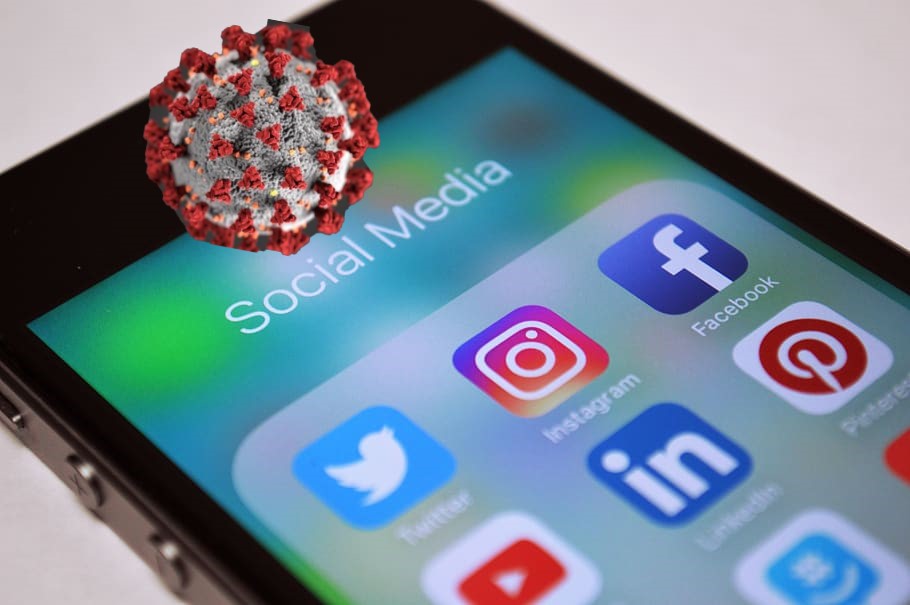As much of the world continues to struggle with the social distancing and fewer social interactions demanded by Covid 19, increasing levels of loneliness confront both individuals and societies. British economist and author, Noreena Hertz, recently (8 September) published a new book called, ‘The Lonely Century: How Isolation Imperils Our Future’. At its heart lies the question: are we in the midst of a global loneliness crisis and what can we do about it? Loneliness as a widespread social phenomenon with increasingly obvious economic and social costs, may well be just as lethal and insidious as Covid 19 but far more long term. What can governments and societies do about an issue that some have described as the last taboo?
Loneliness has been recognised as a problem among the elderly for some time. In 2017, the London School of Economics undertook a study of loneliness in older people . They concluded that an epidemic of loneliness was costing £6000 per person in health costs and pressure on local services. Researchers also suggested that for every £1 spent on preventing loneliness in older people, £3 of savings could be expected. Loneliness is also linked in the study to earlier death and higher risks of dementia. But with the advent of a global pandemic that requires increased social isolation, fueling ever greater dependence on technology, the reach of loneliness is growing.
Should we consider a loneliness tax on large companies?
Fortune magazine reported that between 25% and 45% of American adults report being chronically lonely. In her book, Hertz speaks of the need to price loneliness so that market forces can be used to fight it. She feels there is a legitimate case to be made for a loneliness tax, particularly with regards to the work place where research shows that 40% of employees globally report feelings of loneliness and isolation. Not only does this make them less productive and less loyal, the health costs of loneliness for governments are millions of euros each year. The last twenty years have seen rapid socially disruptive transformations of our societies. Excessive social media use, fewer and delayed marriages, a rising senior population and increased working from home, to name only a few. This last has been further exacerbated by the arrival of Covid 19.
The New Zealand government’s website, ‘Conquering Loneliness in NZ’, has a dedicated section now called ‘Covid 19 and Lonely’. Here you can find guiding principals on how to approach Covid 19 loneliness along with a page of resources dedicated to help you take practical steps to combat it. Perhaps unsurprisingly, the advice includes, showing gratitude, giving your brain a break, connecting meaningfully with others and being creative.
Professor John Cacioppo, late director of the University of Chicago’s Center for Cognitive and Social Neuroscience, studied loneliness for over 20 years. He argued that loneliness is contagious, heritable, affects one in four people, and increases the chances of early death by 20%. But loneliness is not about how many people you have around you, nor is about simply having someone on whom to offload your problems, like a therapist. Professor Cacioppo found that ‘rich reciprocal connections’ are the most effective antidote to loneliness.
Loneliness is both personal and political
For Noreena Hertz, loneliness is both personal and political. Describing her book as ‘a call to action’, Noreena argues that re-connecting society must be put at the very heart of the political project to fight loneliness. ‘Big tech, big business and government are all in the dock’ she declares. Yet she agrees too that it cannot be a top-down approach only. The future is also in the hands of individuals. One of the anecdotes she mentions in the book is her meeting with a young woman in New York who offers her services as a friend for $40 per hour.
It’s not what you may think, and Hertz admits feeling a little apprehensive before their meeting. But this young graduate student literally offers to spend time with lonely professionals. Most are in their thirties and forties and simply want someone to go to a movie or have a cup of coffee with, perhaps browse some shops. This is exactly what Noreena did with Britney for 3 hours. She described the experience as pleasant and paid the young woman $120 at the end of their three hours together.
Is loneliness linked to rising support for populist parties?
Noreena Hertz also spent a lot of time interviewing right wing populist supporters from a variety of countries, in preparation for this book. She found that loneliness and a growing sense of social and political isolation came up repeatedly in her discussions with many of them. She mentions Eric, the Parisian baker, who joined Marine Le Pen’s party and Rusty, the Trump-voting railroader, who would, traditionally have voted for the Democrats.
Loneliness has also been defined as feeling one has no place in society. Hertz believes that it is this type of loneliness that is at the root of the rise in populism. This is linked of course to job loss due to automation and the rise of the gig economy which creates jobs that lack rights and status. The author cites research done in the United States showing that states which had automated more rapidly, are the ones most likely to vote for Trump.
Is social media the tobacco of the 21st century?
Technology, in the form of social media is also a key culprit in the growth of loneliness, Hertz argues. She believes that social media companies or ‘the frightful five’ as she calls them, have a duty of care to their consumers and likens the situation to tobacco companies in previous decades. Both products are strongly addictive and bad for one’s health. Like their predecessors, social media companies are ‘not doing nearly enough’ to warn users of the dangers to their health. ‘I think it’s time for government to step in’, the author declares. Hertz calls for government to provide regulation that encourages both large and small businesses to be rewarded for community-minded projects. Corona, Noreena points out, has helped us to recognise the importance of community, now we need to build on that.


